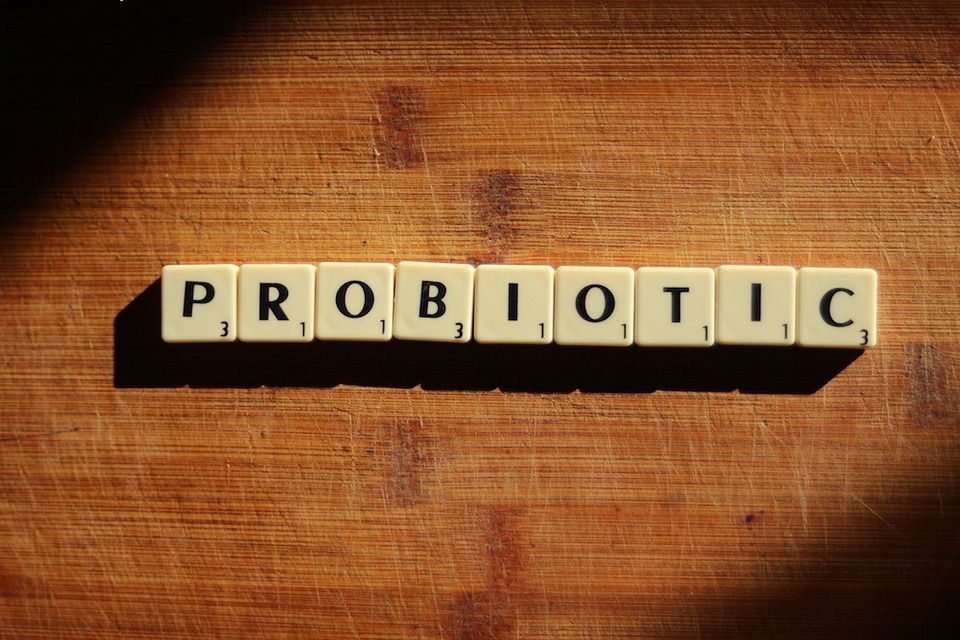Sleep is essential for our overall health and well-being, yet many of us struggle to get enough quality sleep each night. While there are many factors that can affect sleep, recent research has shown that the health of our gut microbiota may play a role. Probiotics, which are live microorganisms that are beneficial for our health, have been shown to improve sleep quality and duration. In this blog, we’ll explore the link between probiotics and better sleep.
The Gut-Brain Axis and Sleep
The gut and brain are connected through a complex communication network known as the gut-brain axis. The gut microbiota, which is the collection of microorganisms that live in the gut, plays an important role in regulating the gut-brain axis and influencing various aspects of our health, including sleep.
Emerging research suggests that the gut microbiota may affect sleep by regulating the production of neurotransmitters, such as serotonin and GABA, which are involved in sleep regulation. In addition, the gut microbiota can also affect the production of hormones that regulate sleep, such as melatonin.
Probiotics and Sleep Quality
Probiotics have been shown to improve sleep quality and duration in several studies. In one study, participants who took a probiotic supplement containing Lactobacillus casei had improved sleep quality and duration compared to a control group.
Another study found that a probiotic supplement containing Lactobacillus helveticus and Bifidobacterium longum improved sleep quality and reduced symptoms of anxiety and depression in participants with irritable bowel syndrome (IBS).
Probiotics and Insomnia
Insomnia, which is defined as difficulty falling asleep or staying asleep, is a common sleep disorder that affects millions of people worldwide. While there are many potential causes of insomnia, recent research has shown that the gut microbiota may play a role.
A 2019 review of several studies found that probiotics were effective in improving sleep quality and reducing symptoms of insomnia. The review found that probiotics were especially effective in improving sleep quality in older adults and people with depression.
Choosing the Right Probiotics for Better Sleep
Not all probiotics are created equal, and choosing the right ones for improving sleep is important. When choosing a probiotic supplement, look for one that contains strains that have been shown to be effective for sleep, such as Lactobacillus casei, Lactobacillus helveticus, and Bifidobacterium longum.
It’s also important to choose a supplement that contains a high number of colony-forming units (CFUs) and to follow the recommended dosage on the label. If you’re unsure about which probiotic supplement to choose, talk to your healthcare provider for guidance.
Other Natural Ways to Improve Sleep
While probiotics can be an effective way to improve sleep, there are other natural ways to promote better sleep. These include:
- Establishing a consistent sleep routine, including going to bed and waking up at the same time each day
- Creating a relaxing sleep environment, such as keeping the bedroom cool and dark
- Avoiding caffeine and alcohol before bedtime
- Engaging in regular exercise, but not too close to bedtime
- Practicing relaxation techniques, such as meditation or deep breathing exercises
Conclusion
Sleep is essential for our overall health and well-being, yet many of us struggle to get enough quality sleep each night. Probiotics offer a natural and effective way to improve sleep quality and duration by regulating the gut-brain axis and influencing the production of neurotransmitters and hormones that regulate sleep.
When choosing a probiotic supplement for better sleep, look for one that contains strains that have been shown to be effective, such as Lactobacillus casei, Lactobacillus helveticus, and Bifidobacterium longum. By incorporating probiotics and other natural sleep-promoting strategies into your routine, you can rest easy and improve your overall health and well-being.






